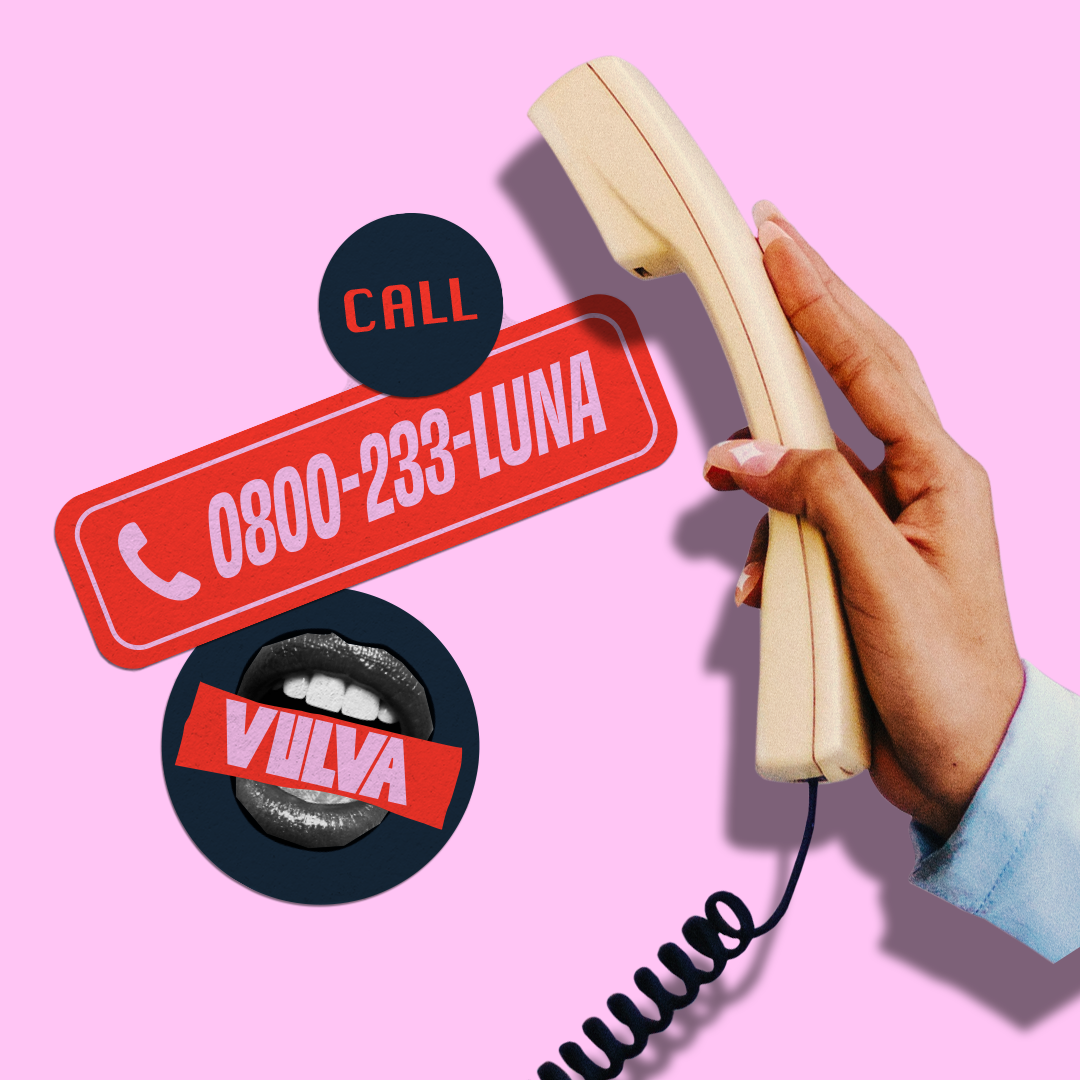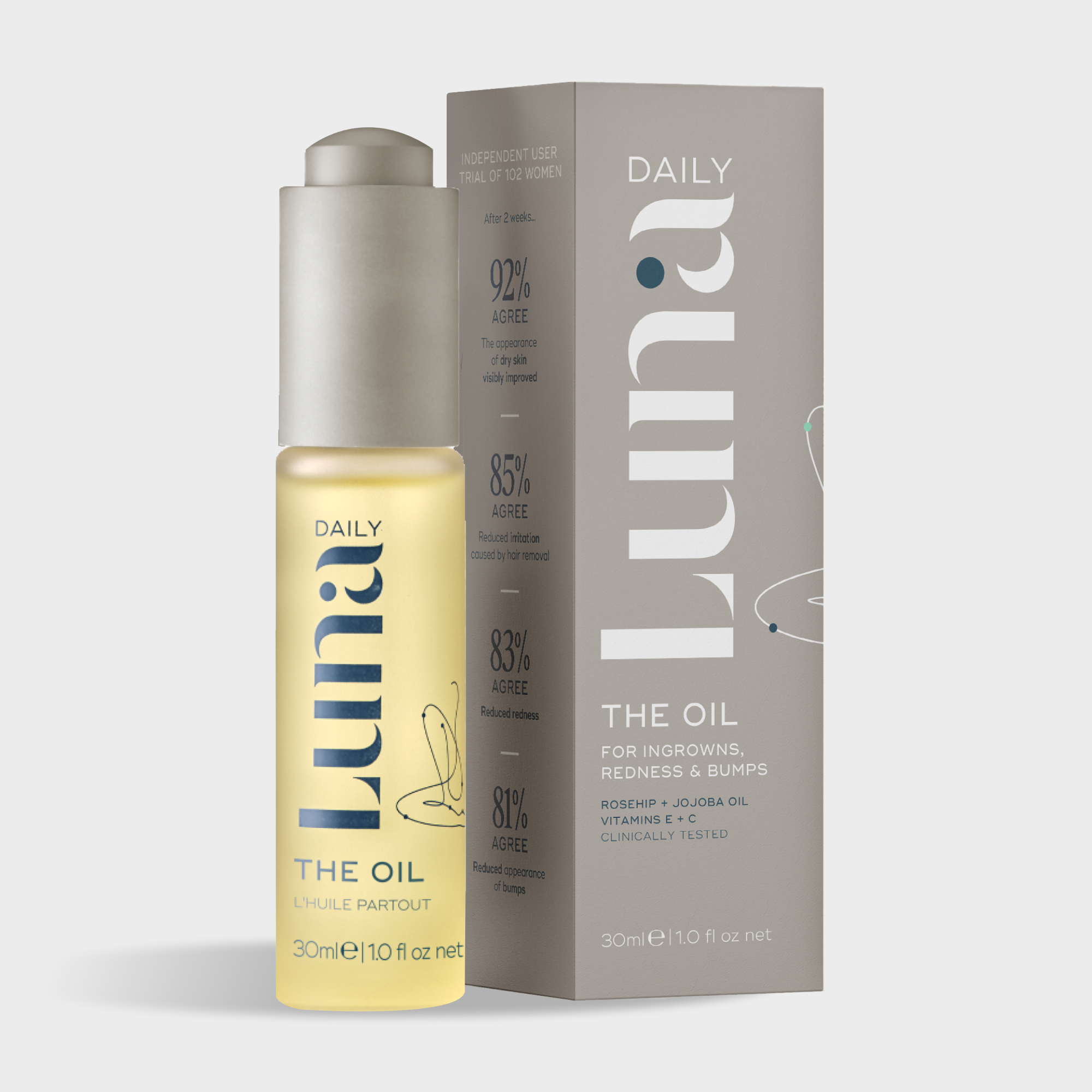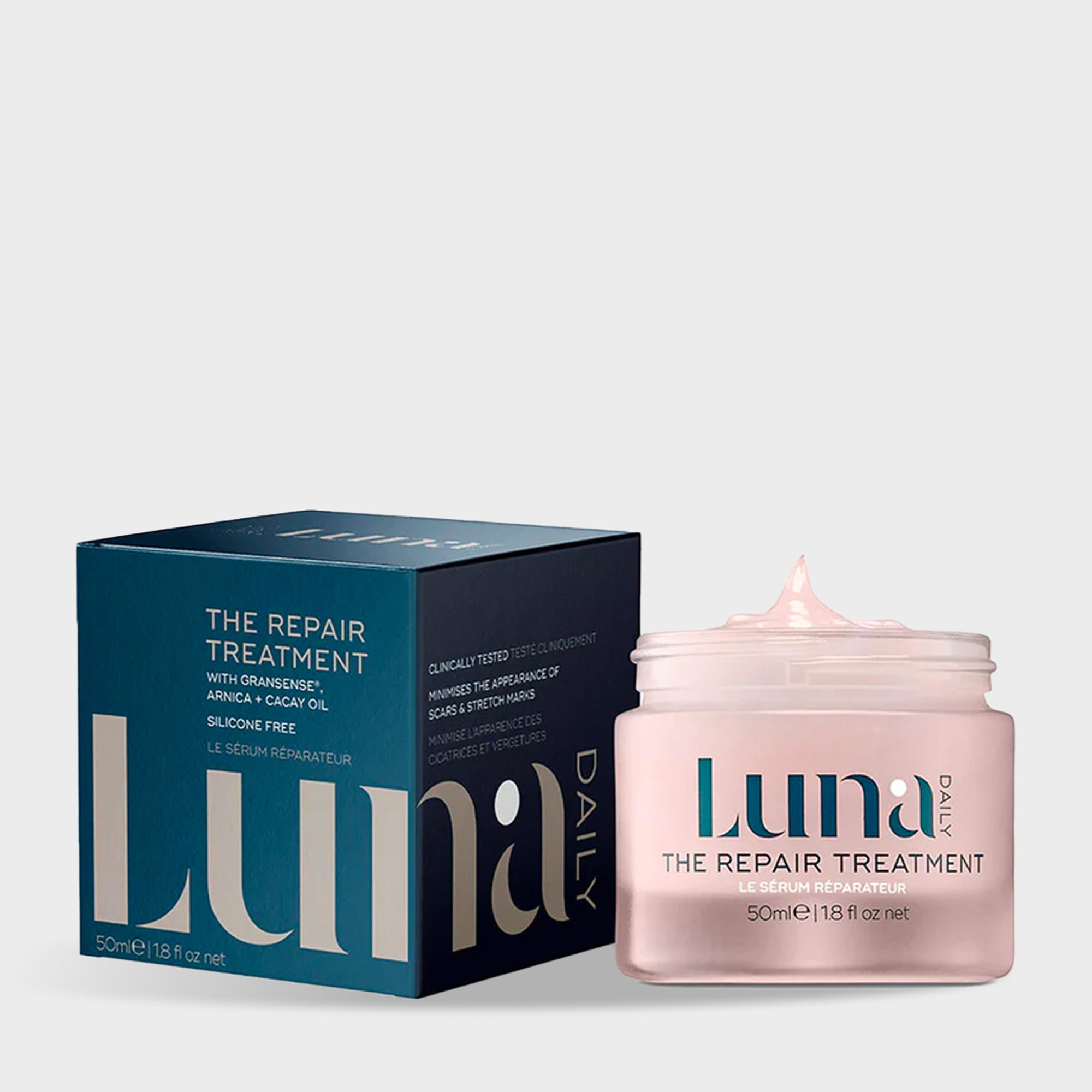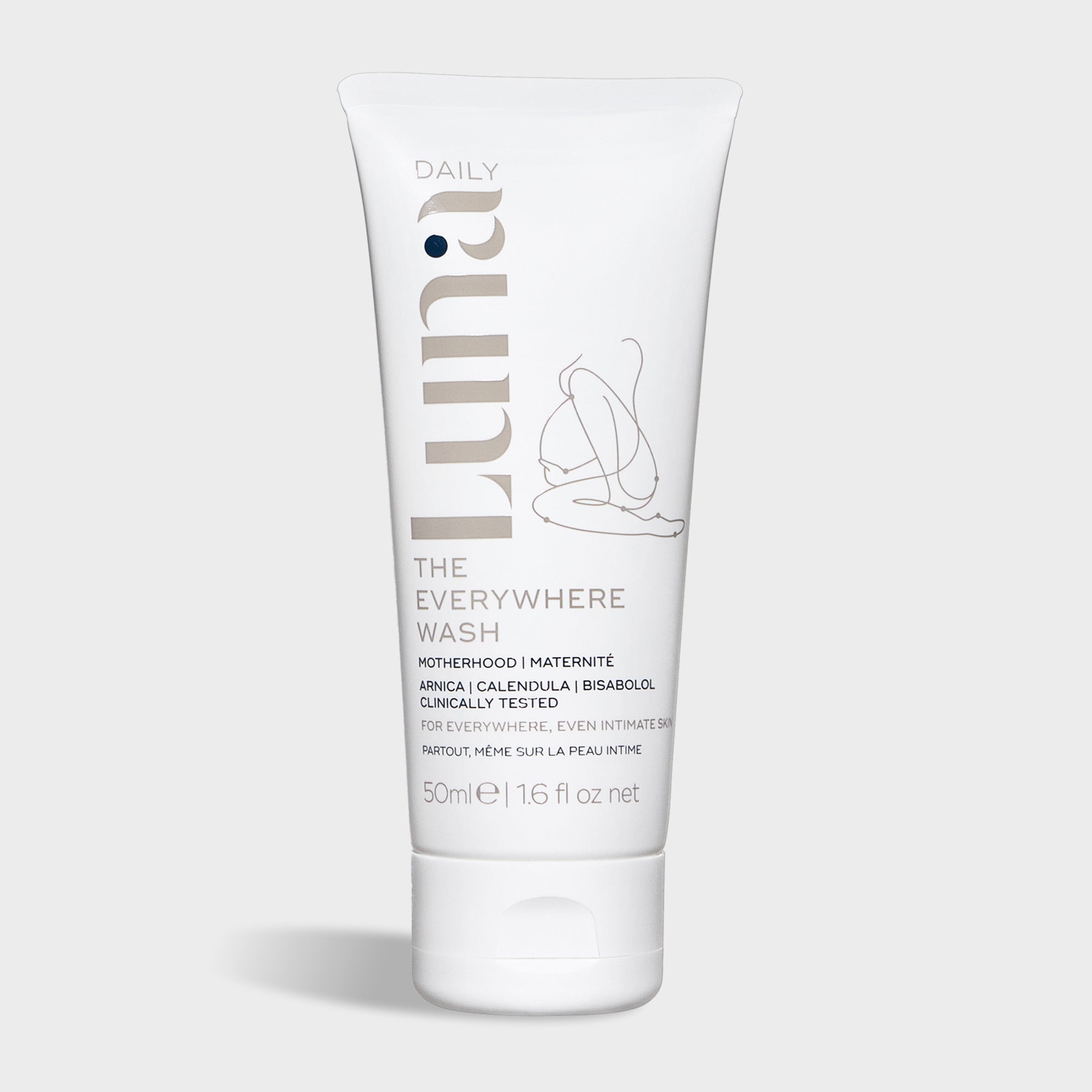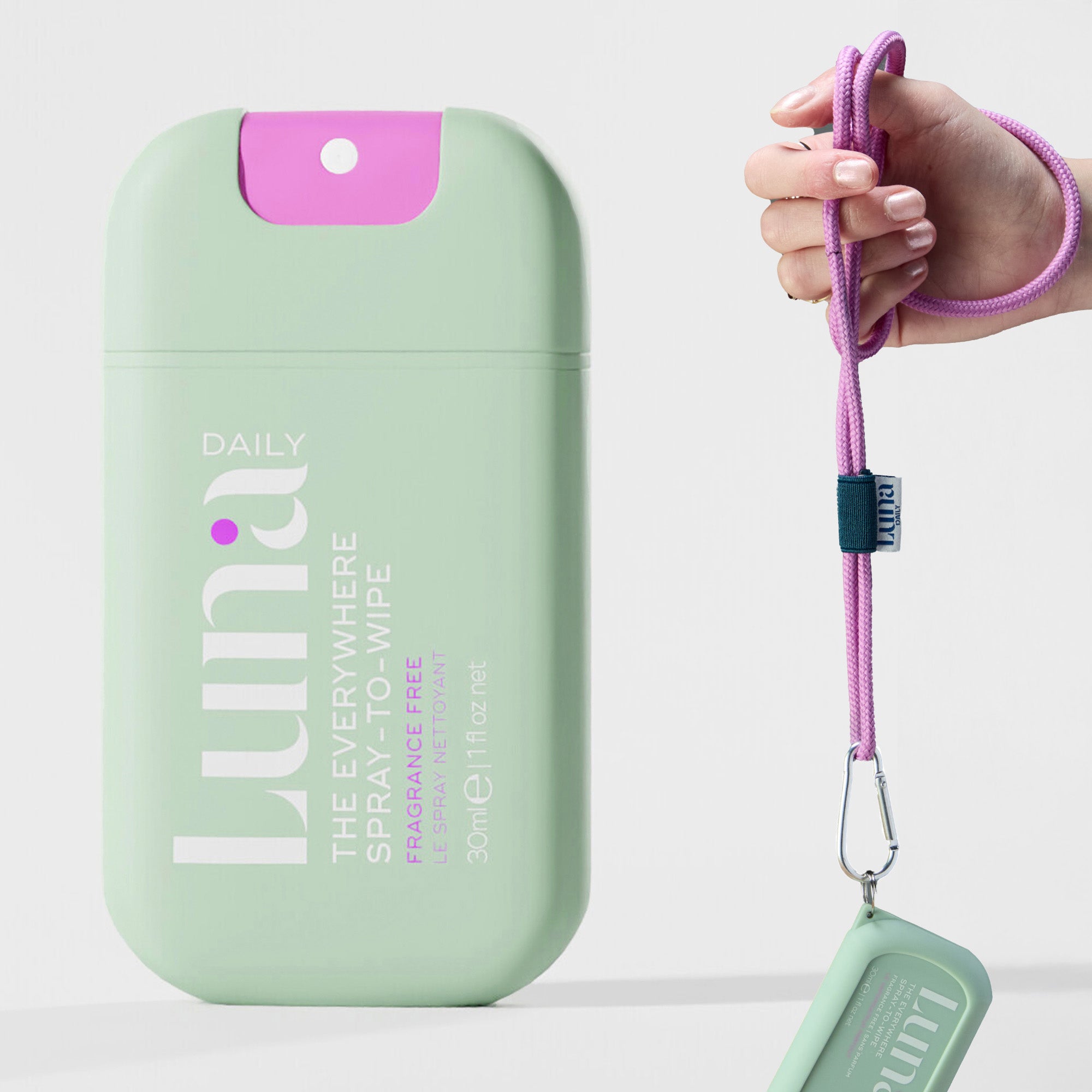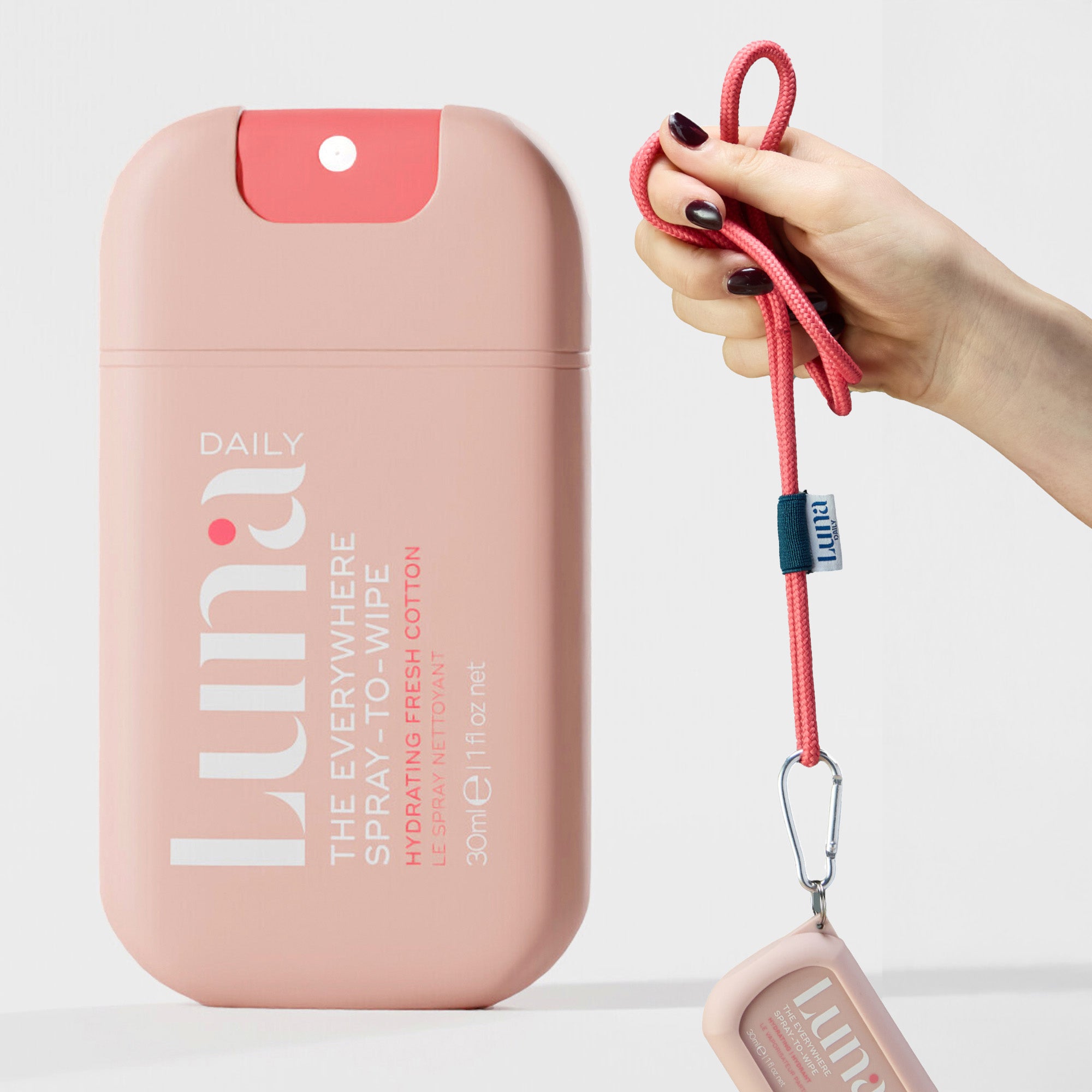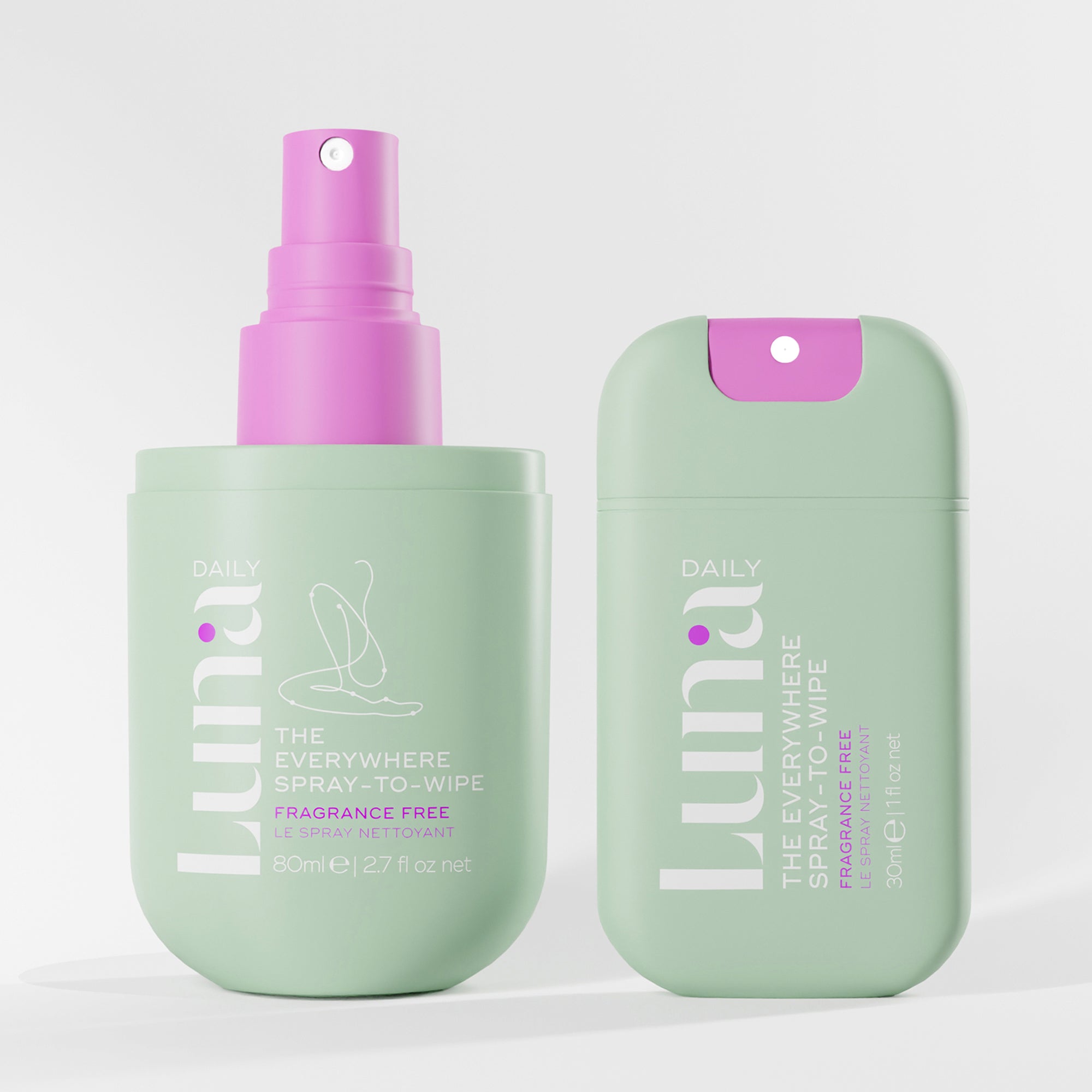If you’ve given Luna Daily’s Vulva Therapy hotline a buzz, you’ll know that some of what you hear (okay a fair whack of what you hear) is pretty tongue in cheek. But it was crucial to us at Luna Daily that anything created applied genuine exposure therapy theory and techniques. And so, we worked with three different experts, including a CBT therapist, a gynaecologist, and a psychosexual therapy expert, to inform the therapy. Our Vulva Therapy is a sprint course of four immersive audio sessions, designed to kick start people on their journey to feeling good about the word vulva.
Before we go into details, a quick but important disclaimer that the Vulva Therapy Hotline is not a replacement for therapy with a licensed professional.
What, and why exposure therapy?
In a nutshell, exposure therapy is about gradually and repeatedly facing feared situations or things until you feel less anxious. Luna identified that loads of women (and people in general) feel significant discomfort with the word vulva, in fact there was often a visceral reaction of ‘ickiness’. The challenge is, because of this discomfort nobody uses the word, and because nobody uses the word, the more uncomfortable we become.
That gave us the idea to create a free access exposure therapy course, where people can dial up and hear the word vulva over and over until it starts to feel less weird. That was the top level thinking and approach, but here are some of the other methodology and techniques used in the Vulva Therapy Hotline:
Imagination based exposure therapy
Because we were working with audio (with no visual stimulus), we used a lot of imagined scenes as the basis of the therapy - this is a commonly seen approach in exposure therapy.
Creating more realistic beliefs
Using imagined scenes to demonstrate that the level of discomfort or fear is disproportionate to the actual outcomes, i.e nothing actually bad will happen when faced with your fear head on.
Graded exposure
A technique where we start with less confronting tasks and work up to something more difficult or feared. For example in the case of our hotline, it wasn’t until the third session that the listener was required to actually say the word themselves.
Systematic desensitisation
This is where we began to associate the word vulva with relaxing or pleasant scenarios, to build up positive associations.
Practice and repetition
To make exposure therapy stick it usually requires ongoing practice and regular bolstering, or we tend to go backwards again. So we capped off our programme with tips and encouragement to continue practising vulva exposure therapy in everyday life.
So there it is, the methodology that informed our Vulva Therapy Hotline.
Big thanks to Annabelle Knight, Psychosexual Therapy Expert, and Dr Penelope Law, Obstetrician and Gynaecologist in its creation.
And remember: Say the word. Smash the stigma.

